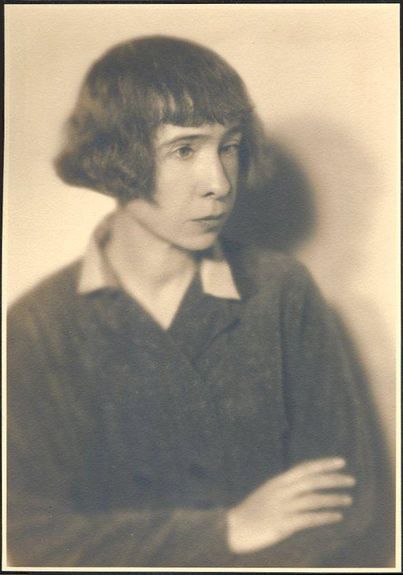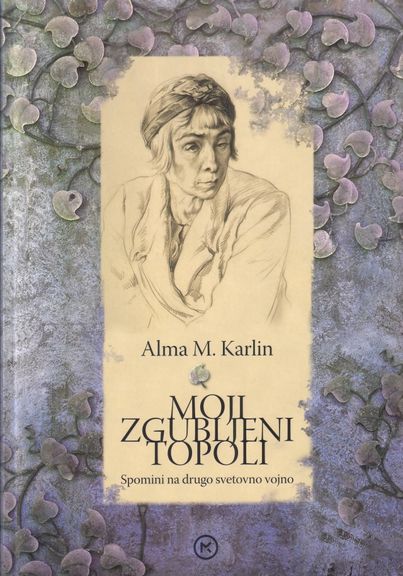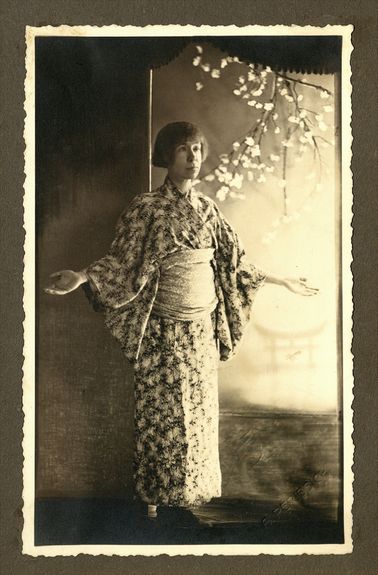Difference between revisions of "Alma Karlin Memorial House"
(first editinng) |
|||
| Line 48: | Line 48: | ||
== See also == | == See also == | ||
| − | + | * [[Alma M. Karlin Virtual Home]] | |
| − | * [[Alma M. Karlin Virtual Home] | ||
== External links == | == External links == | ||
Revision as of 05:42, 24 July 2018
History
Alma Maximiliana Karlin was born in Celje in bourgeois family: her father was a major of Austrian army, her mother a teacher. In 1908 she leaves for London where she finds a job in translation office and studies languages. In 1914 she graduates at the Royal Society of Arts in 8 languages. In 1919 she starts her famed travels around the world, which last continuously for 8 years. For a woman travelling alone, travelling at that time was something exceptional, even outrageous. She returns in Celje in 1927.
She teaches, still travels a lot, has many lectures at home and abroad, writes for various magazines, also her own literature. From 1921 and 1937 alone she publishes 22 books in Germany, Great Britain, Switzerland and Finland. Swedish writer Selma Lagerlöf (1858-1940), the first female writer to win the Nobel Prize in Literature in 1909, even proposed her for a Nobel Prize. On one of her lectures in Stockholm in early 1930s Alma meets painter Thea Schreibner Gammelin (1906-1988) with whom she has since been bound by a lasting friendship, probably also by a lesbian relationship. In 1934 Thea, her “soul sister”, comes to live permanently in Celje and they remain inseparable until Alma’s death. After World War II they move together in a small house at Pečovnik, today’s Memorial House.
Collections
The house was probably built in the 19th century as a rock vineyard cottage. Today, there are some valuable interior paintings above the windows and in the hall made by Thea Gammelin in the 1960s. The paintings represent St. Francis in flowers, St. Daniel among the lions and presumably Richard I of England in the jail.
In the early 1990s, the Institute for the Protection of Cultural Heritage of Slovenia, Celje Regional Office gave an initiative for reconstruction. In the coming years, the Municipality of Celje proclaimed the house a cultural monument and began to renovate it. The Ministry of Culture, Academy of Fine Arts and Design and Celje Secondary School of Civil Engineering and Environmental Protection all participated in the reconstruction, as well as numerous construction companies. Today, the house is managed by the Celeia Celje Institute. It hosts many cultural events, also the festival Summer in Celje.





